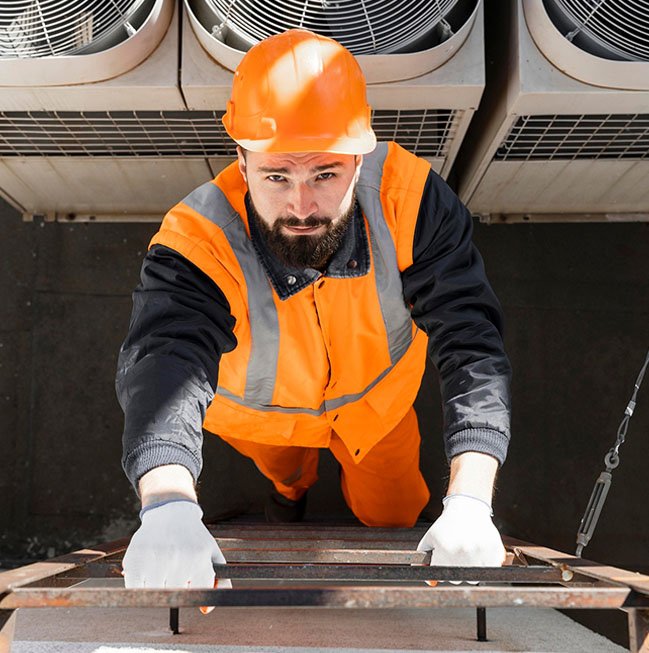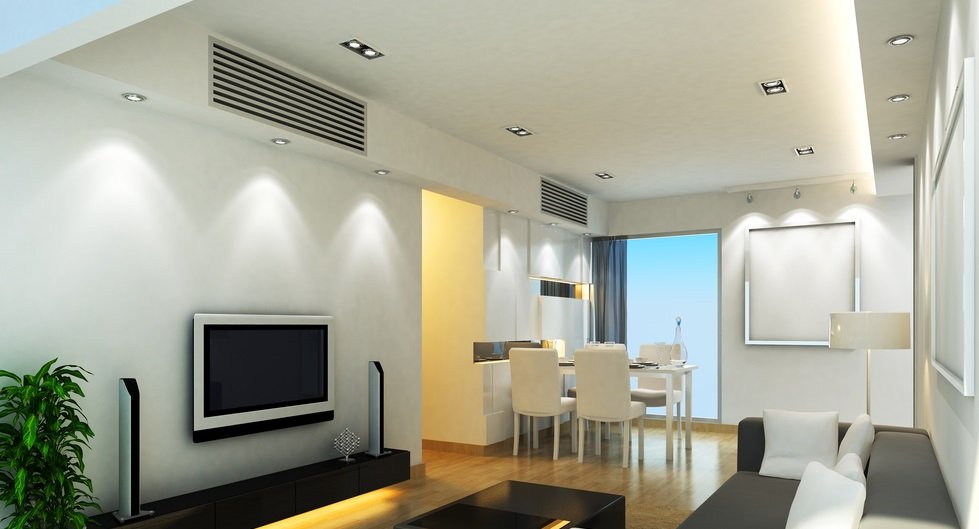Residential Heat Pump Hot Water Systems
Reduce energy bills, cut emissions, and upgrade to a modern, efficient system.


Why Choose a Heat Pump for Your Home?
- Substantially lower running costs — Because heat pumps move heat rather than generate it, they can use far less electricity than traditional electric or gas water heaters.
- More environmentally friendly — Less greenhouse gas emissions, especially when paired with renewable energy.
- Reliable in Melbourne’s climate — Modern heat pump systems are designed to operate efficiently even in cooler temperatures.
- Longevity and durability — With correct installation and maintenance, you can expect many years of service.
- Access to government rebates — Significant rebates in Victoria can reduce upfront costs.
- Futureproofing your home — As regulations shift away from gas, heat pumps are an electric alternative aligned with modern energy policy.
How a Heat Pump Works (Simple Explanation)
A heat pump extracts ambient heat from the air and transfers it to your water:
Ambient air flows across an evaporator coil and warms a refrigerant.
A compressor increases the temperature of that refrigerant.
A condenser transfers the heat into your water tank.
The cycle repeats, maintaining the desired water temperature.
Because you’re using energy to move heat rather than create it from scratch, heat pumps can achieve efficiencies of 3 to 4 times (or more) compared to electric-resistance heating.
How a Heat Pump Works (Simple Explanation)
A heat pump extracts ambient heat from the air and transfers it to your water:

Integrated (all-in-one) units
compressor and tank combined in one package.

Split-system units
outdoor compressor separate from the water tank, connected via refrigerant lines.

Air-source (most common for residential)
draws heat from air, good balance of cost and performance.

Ground-source (geothermal)
extracts heat from the ground; higher installation complexity and cost, but excellent performance in some settings.

Hybrid / solar-assist systems
combine a heat pump with solar pre-heating or an electric boost for peak periods.
Which type best depends on site constraints, space, climate, and usage patterns.
Sizing & Selection — What Matters
When selecting a system, key factors include:
- Household demand — number of occupants, peak usage times (e.g., showers in the morning).
- Climate / ambient conditions — especially in colder months (Melbourne can get cold).
- Available space/layout — for the unit, airflow clearance, ventilation.
- Electrical supply — check your switchboard capacity, wiring, and potential upgrade needs.
- Noise and placement — avoid locating the unit near windows or neighbours’ bedrooms.
- Warranty, serviceability, parts availability — use reputable, supported brands.
- Compliance with rebate/accreditation requirements — to ensure you qualify for government incentives.
Government Rebates & Incentives in Victoria
One of the biggest advantages of installing a heat pump in Victoria right now is the Hot Water Rebate and related incentive programs:
Solar Victoria Hot Water Rebate
- Victorian homeowners may be eligible for a rebate of up to $1,000 when installing an eligible heat pump or solar hot water system.
- For systems that meet local-content criteria (i.e., at least 50% of parts or assembly in Australia), the rebate may increase to $1,400.
- The rebate is applied after other discounts (e.g., STCs / VEECs) are deducted.
- You must use an approved installer and an eligible product
- Victorian Energy Upgrades (VEU) / VEECs
- Replacing an older electric or gas hot water system with a heat pump can generate Victorian Energy Efficiency Certificates (VEECs), which translate to financial discounts.
- The “discount” under VEU varies depending on what type of system you are replacing and the efficiency of the new system.
- Under the VEU program, the minimum customer contribution is typically $200 (incl. GST) for eligible installations.
Federal / STC Incentive
Heat pump systems may also attract Small-scale Technology Certificates (STCs) under the federal scheme, reducing the net cost.
Combined Savings Potential
When combining STCs, VEU discounts, and the Solar Victoria rebate, a significant portion of upfront cost can be offset — estimates range up to $2,500–$3,000 in total rebates for some installations.
When combining STCs, VEU discounts, and the Solar Victoria rebate, a significant portion of upfront cost can be offset — estimates range up to $2,500–$3,000 in total rebates for some installations.

Eligibility Criteria (Typical)
To qualify, the following are common requirements:
- You must be the owner-occupier of the property.
- Combined household taxable income must be under $210,000 per year.
- Property value must be under $3 million.
- The existing hot water system must be at least 3 years old.
- The installation must be done by an accredited/approved provider/installer.
- The home must be at least 2 years old (for VEU eligibility) in some cases.
⚠️ Always check the latest eligibility rules and product lists at the official Solar Victoria or Victorian Energy Upgrades websites — criteria can change.
Our Process: How We Work with You
Here’s how we handle heat pump installations from start to finish:
Site consultation & assessment
We visit your home, evaluate your hot water need, check plumbing, wiring, and space constraints.
System recommendation & quote
We recommend systems tailored to your usage, site, and energy goals. We include estimates of electricity savings and rebate impact.
Handle permits & compliance
We manage any required permits, ensure compliance with Australian and Victorian electrical/plumbing codes, and liaise with rebate authorities.
Professional installation
Licensed electricians, plumbers, and certified installers conduct the work with full safety, insulation, correct refrigerant routing, and wiring.
Commissioning & testing
We test all functions, calibrate controls, and walk you through using and maintaining the system.
Rebate claims support
We help prepare and submit rebate documentation on your behalf (Solar Victoria, VEECs, etc.), to ensure you receive your entitled rebate.
Aftercare & maintenance
We provide warranty support, regular servicing options, and guidance to keep your system operating optimally.
Frequently Asked Questions (FAQ)
Yes — modern heat pumps are engineered to extract heat even in cooler ambient conditions. Some include backup electric boost when needed.
No. While rebates and incentives can strongly reduce your cost, they usually don’t cover everything. You’ll typically have a net cost after rebates.
It depends on the system cost, energy prices, usage, and rebates. Many homeowners see payback periods in 3 to 7 years.
High-quality systems run quietly. Proper placement and clearances are important for minimizing noise impacts.
Regular checks, cleaning filters/air intakes every few months, flushing the tank yearly, and inspecting refrigerant lines and insulation.
Some integrated systems can, but typically, heat pumps for water are distinct from those for space heating/cooling. We can advise on hybrid setups.
You must check your income, property value, system age, prior rebate history, and use an accredited installer. We can assist with qualification checks.
